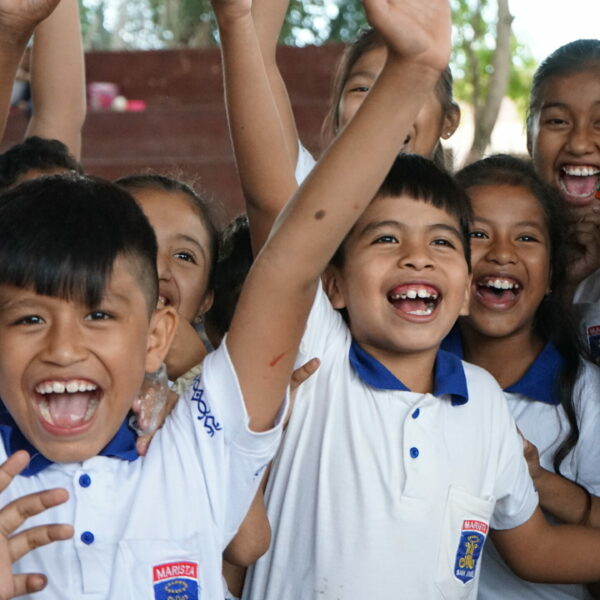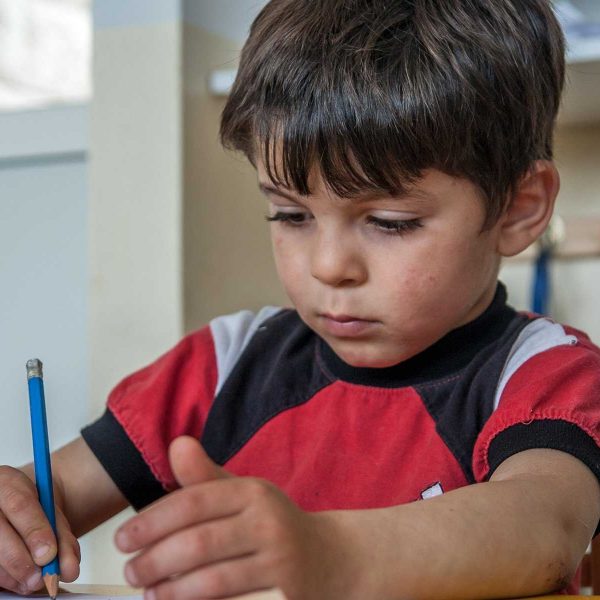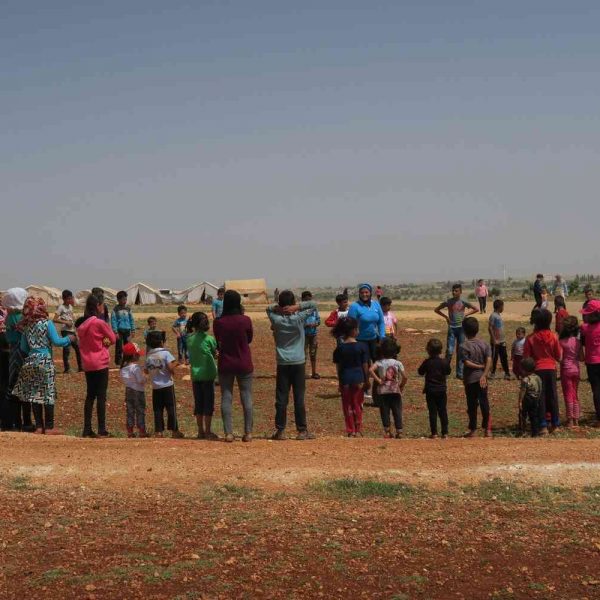In March 2023, FMSI (Marist Foundation for International Solidarity) and the CCIG (International Catholic Centre of Geneva), with the support of the Marist Brothers Trust Bangladesh, submitted a report for the Universal Periodic Review (UPR) of Bangladesh on “Human Rights in Bangladesh: the situation of children and their families in the tea gardens of Sylhet.”
While Bangladesh is making significant strides in several areas, it’s crucial to acknowledge the persistent challenges faced by the most vulnerable members of its population. In the tea gardens of Sylhet, the situation for children and their families is particularly dire.
As a State-driven review on human rights taking place within the UN, the UPR offers an opportunity to shed light on the harsh realities they face and the critical areas that demand immediate attention.
Corporal Punishment: Children in the tea gardens of Sylhet often find themselves caught in a cycle of violence, with corporal punishment being a common and disturbingly normalized practice. These young souls endure physical abuse, affecting their overall well-being and mental health. The UPR report underscores the urgent need for stricter enforcement of laws prohibiting corporal punishment to protect the rights of these children.
Child Labor: The economic situation of families in the tea gardens paints a bleak picture. Parents earn meager wages, with many struggling to make even $2 a day. To make ends meet, many parents resort to taking their children to work in the tea gardens. The statistics reveal a grim reality: a staggering 29.8% of tea-garden children aged 5-17 are involved in child labor in Habiganj, 15.6% in Moulvibazar, and 19.3% in Sylhet, well above the national average of 6.8%. These children become a substitute for or an addition to a family member’s income, perpetuating a vicious cycle of child labor.
Forced Child Marriages: In the tea gardens, forced child marriages are not uncommon. Girls, in particular, are vulnerable to this grave violation of their rights. Early marriages not only rob them of their childhood but also deny them the opportunity for personal growth and development. It is essential to address this issue to secure a brighter future for tea-garden children.
Access to Quality Education: One of the fundamental rights of any child is the right to education. However, the average span of schooling in the tea garden areas is shockingly low at 2.9 years, compared to the national average of 6.2 years. This statistic highlights the pressing need for improved access to quality education in the tea gardens. The high dropout rate further underscores the urgency of addressing this issue, as these children deserve the chance to break free from the cycle of poverty. The UPR report submitted by FMSI, CCIG, and the Marist Brothers Trust Bangladesh shines a spotlight on the dire situation faced by children and their families in the tea gardens of Sylhet, Bangladesh. It is essential for all stakeholders, including the government, civil society, and the international community, to work towards resolving the pressing issues outlined in the report. The rights of these children are non-negotiable, and their well-being should be a priority. Through concerted efforts and a shared commitment to ensuring their rights and providing opportunities for growth and development, we can work towards a brighter future for the tea garden children of Sylhet.




